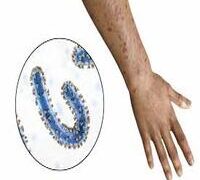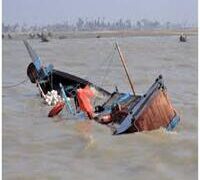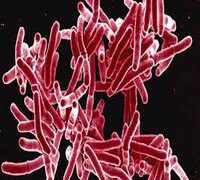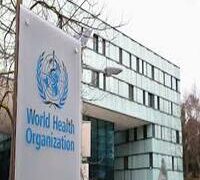To prevent the onset of constipation, dehydration and the onset of noncommunicable diseases, physicians have reiterated the need for adequate water intake.
They asserted that drinking potable water, as against drinking unsafe water is important for overall health.
Speaking in commemoration of World Water Day, earmarked for every March 22, the physicians noted that although fights over water sources are uncommon in Nigeria, access to potable water remains unevenly distributed.
The day is also celebrated in line with Sustainable Development Goal 6: Water and Sanitation for all by 2030.
A World Bank report noted that about 70 million Nigerians cannot access safe drinking water, while 39 per cent of households in rural areas lack access to basic water supply.
Speaking on the matter, a professor of Epidemiology and Public Health at the University College Hospital, Ibadan, Olufunmilayo Fawole, stated that inadequate water intake can cause dehydration and, consequently, a build-up of minerals in the body, such as sodium.
She further noted that water consumption is crucial to hydrating the cells and getting rid of toxins, adding, “The absence of not having enough water to drink has been shown to promote some diseases, including constipation, hypertension, venous thrombosis (blood clots that could block the arteries and organs in the body) and stroke.
“Inadequate water intake is also associated with urinary tract infections and a lot of respiratory infections. Water is very important for human health because it helps to prevent diseases.”
Fawole noted that dehydration increases ageing, consequently causing the early onset of chronic diseases such as diabetes and hypertension, among others.





































